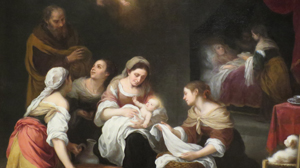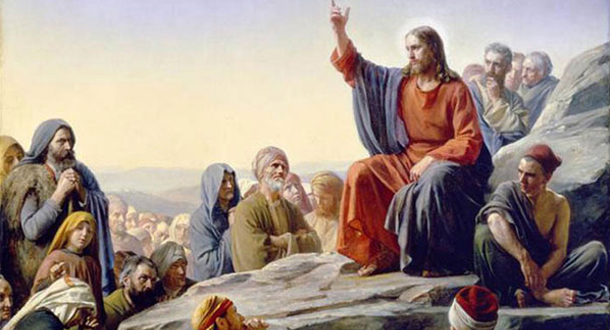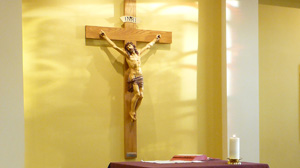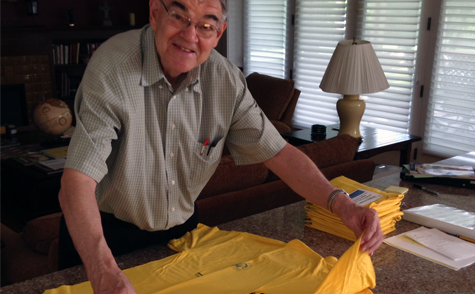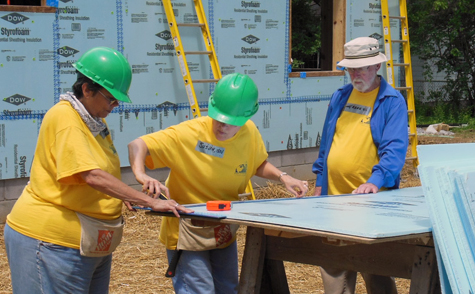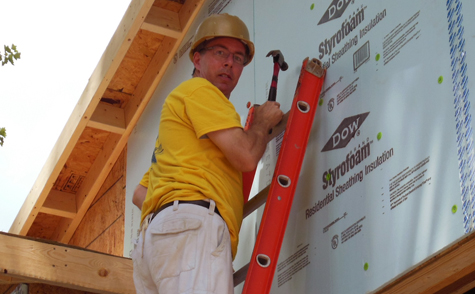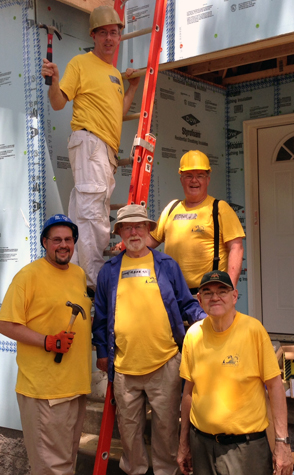Scripture:
Genesis 17:1, 9-10, 15-22
Matthew 8:1-4
Reflection:
There’s a whole lot of name changing going on in the Bible. It happens often enough that it ought to get us asking why and what it means.
I don’t really recall when I was no longer being called “Bobby.” Some family and friends can still get away with it, but not many. No one has ever called me “Rob,” perhaps to distinguish me from Uncle Rob after whom I was named. And I suspect that we have all felt hurt when called by a name other than the one we prefer or, worse, the wrong name altogether. Even choosing to change names or not when getting married raises lots of issues.
In the Bible, Abram becomes Abraham and Sarai becomes Sarah. Jacob is given the new name Israel. Saul is now Paul, and Simon receives a new name, Peter, meaning “rock.” The tradition of taking a new name continues in the selection of a confirmation name, though no one would know—or care—that mine is Paul. And Benedictine monks still receive a new name when they profess their vows.
We take on a new identity and new mission when we take on or are given a new name. It marks a moment of rebirth. One friend informed me that he would now be called Lucas. It didn’t last, but I guess he needed to express a new era of his life with a new name. In the sacrament of baptism, the minister asks first, “What name have you given this child?” The minister does not ask because he can’t read the baptismal form. Giving a child his or her name is a significant moment that marks a new beginning of life with Christ.
The scripture readings for today herald a new covenant: God replied, “Nevertheless, your wife [newly renamed] Sarah is to bear you a son, and you shall call him Isaac [here named by God, not by Abraham, recently renamed himself]. I will maintain my covenant with him as an everlasting pact, to be his God and the God of his descendants after him.”
God calls us each by name, and in calling us by name God reminds us of the mission we have been given: to receive the unconditional love of God, and to share this love with those to whom we are called to serve…and whom we call by name.
Robert Hotz is a consultant with American City Bureau, Inc. and is the Director of The Passion of Christ: The Love That Compels Campaign for Holy Cross Province.

